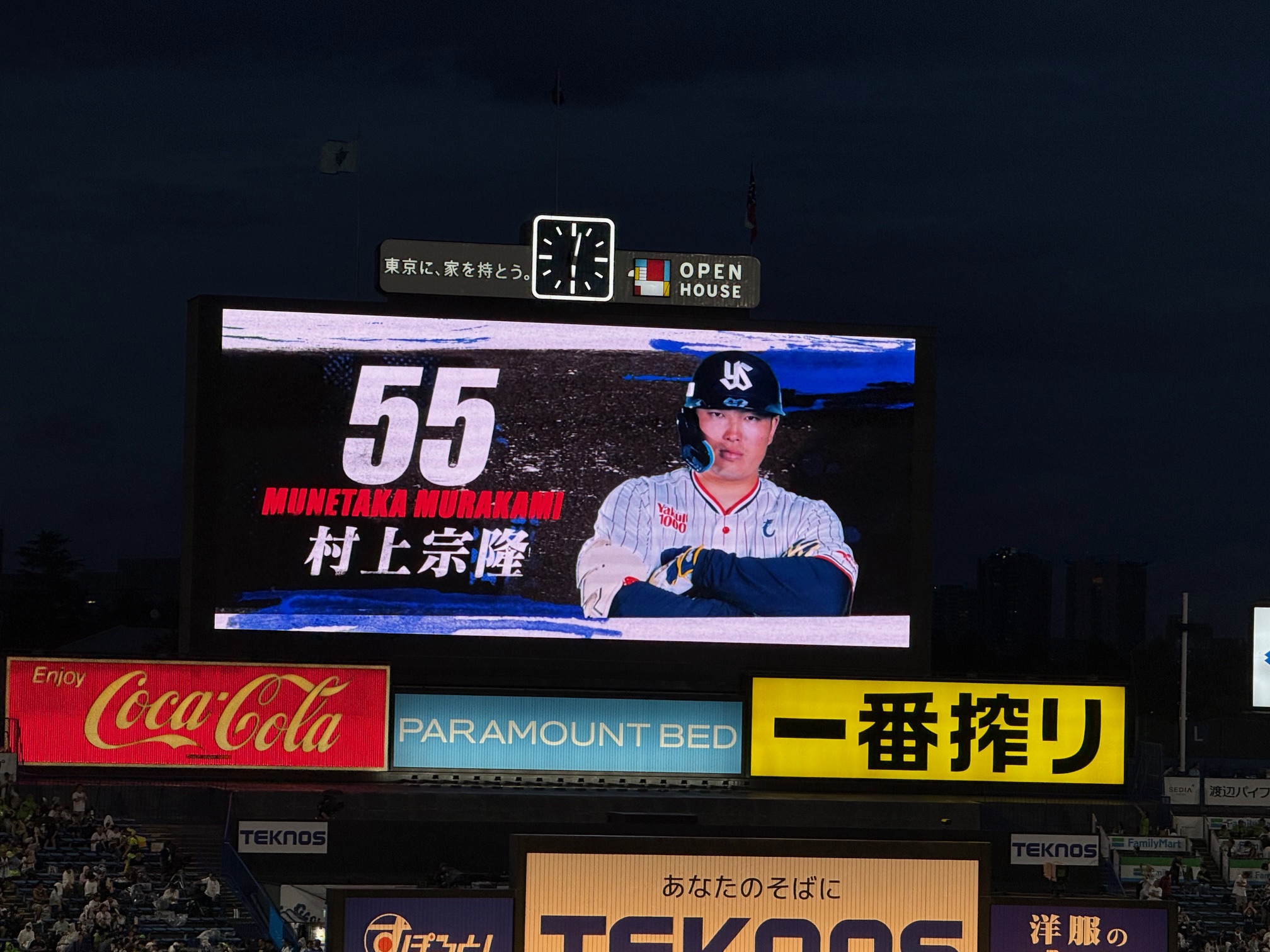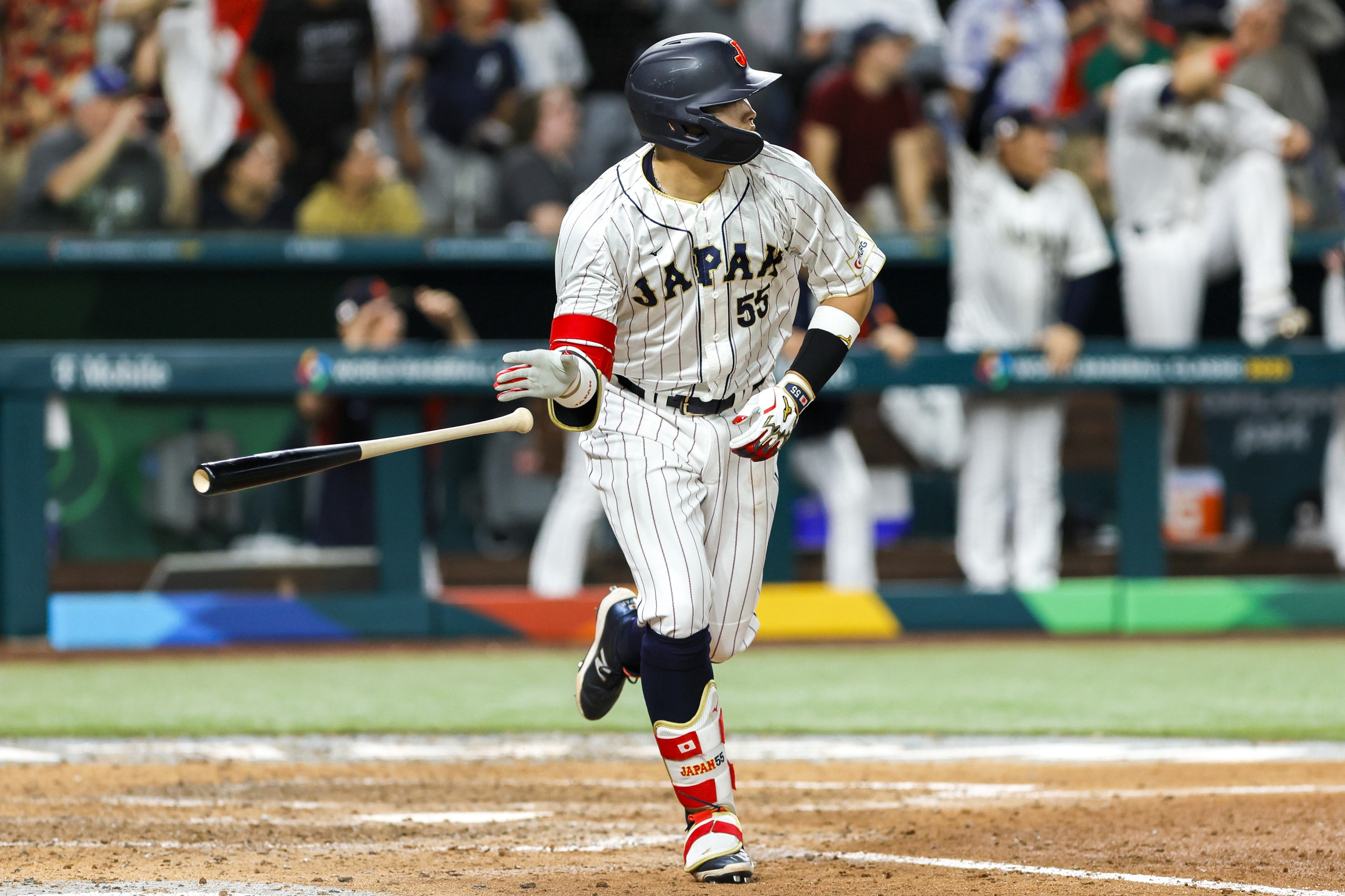Details about Major League Baseball's plan to play through the pandemic are still rolling out, and Ken Rosenthal and Evan Drellich answered 12 frequently asked questions. The biggest question ...
What if a team has a larger outbreak?
... has the least satisfying answer:
It would depend on the scale, ultimately. But the ill players all would have to follow the above self-isolation and care procedures, and the players likely would be replaced by those in the organization who are healthy, a source said.
"Next man up" is often an admirable mindset when it comes to professional sports, but it takes on much creepier vibe when it's due to pandemic rather than a cluster of knee injuries (this is what I was getting at with the "contaminated meat sacks."). It indeed seems like Major League Baseball is going to try to machete its way through the season regardless of the body count.
Sports Illustrated's Emma Baccellieri talked to various public health experts about this plan to conduct a regular season at home cities instead of hub cities, and one can envision a situation where some teams just get waylaid by a spread, and the rest of the league will try to move on without them.
“The Twins and the Rockies have different public health leaders and different public health perspectives and, quite frankly, are in different places in the coronavirus outbreak right now than the Rangers and the Diamondbacks,” says Dr. Dawn Comstock, a sports epidemiologist at the Colorado School of Public Health. “You’re going to have to deal with different public health mandates.”
I just don't see this working out well, especially as teams try to figure out how to get some fans into the seats. Danny Parkins says the White Sox are preparing to let in a limited number of fans, provided the city and state give such clearance. Chicago might have earned such a chance, but then you see states like Texas angling for the same opportunity at the same time it's getting hammered by the coronavirus, mostly because its leaders didn't urge precautions at the start of the pandemic.
This merely continues the theme of the league not taking the virus all that seriously. We saw that in the labor negotiations. Cash-strapped owners could have gotten their wish for fewer games simply by putting the pandemic concerns first, but instead they tried to hammer a revenue-sharing peg into a health-shaped hole for weeks. Even White Sox union rep James McCann sounded confused by the strategy.
“I never thought that the struggle of economics was going to keep us from playing a season and that’s part of my frustration with the way that everything was handled. I don’t think anyone ever thought that was going to hold us back from playing. It’s the virus that we can’t control. It’s the virus that we don’t know what’s going to happen. It’s the virus that put us in this situation in the first place,” McCann said.
* * * * * * * * *
I'd like to be more excited about this compromised season, because I could get the opportunity to see how history worked. The Nashville Sounds are planning to host two teams of free agents that can use First Horizon Park to stay in shape. If a MLB team showed interest in one of the free agents, they'd pay the Sounds to acquire them, the way teams did before farm systems existed.
That sounds awesome. But because Tennessee is seeing a muted version of the rise in coronavirus cases across the South, it also doesn't seem like the greatest idea for this particular locale.
That setup could work in other places to benefit some older minor-league players who desperately need an opportunity to stay on radars. For younger prospects who are facing a lost season, Keith Law talked to teams to better understand how they're trying to maintain progress.
It's worth reading, because it's hard to sum up. On one hand, this could be a way for self-motivated prospects to distinguish themselves sooner than their counterparts. On the other hand, the structure of minor-league baseball affords a more level playing field to prospects who might not have the resources to forge their own path so easily.
Every source I asked said their team’s focuses were on keeping players motivated and giving them skills training remotely, with the hope that they’d get hands-on time with the players later this year. That doesn’t say what will happen to players who regress during the downtime, not due to lack of motivation or effort, but because of anxiety or depression, or lack of access to equipment or training partners, or time spent helping a sick family member.
* * * * * * * * *
Going back to Texas, one of the running disagreements Josh and I have is the necessity of a retractable roof. Josh makes the case that the White Sox's next park needs one to make April games inhabitable. I'd agree, except retractable roofs are expensive and require a lot more real estate to make it possible.
And as the new ballpark in Texas shows, they're often incredibly ugly.
And that's with the roof open. With it closed, it looks like an Icelandic yogurt production plant. Others have seen it as:
It's just staggering for its ugliness, and it wasn't supposed to be this bad. Like the restoration of Ecco Homo, something got lost along the way.
I'm skeptical a Chicago team would pony up the resources necessary to make sure a retractable roof stadium is done well, and I wouldn't want taxpayers to put in position where the product didn't match the picture, because you can't slap a UPS label on a ballpark and send it back.






